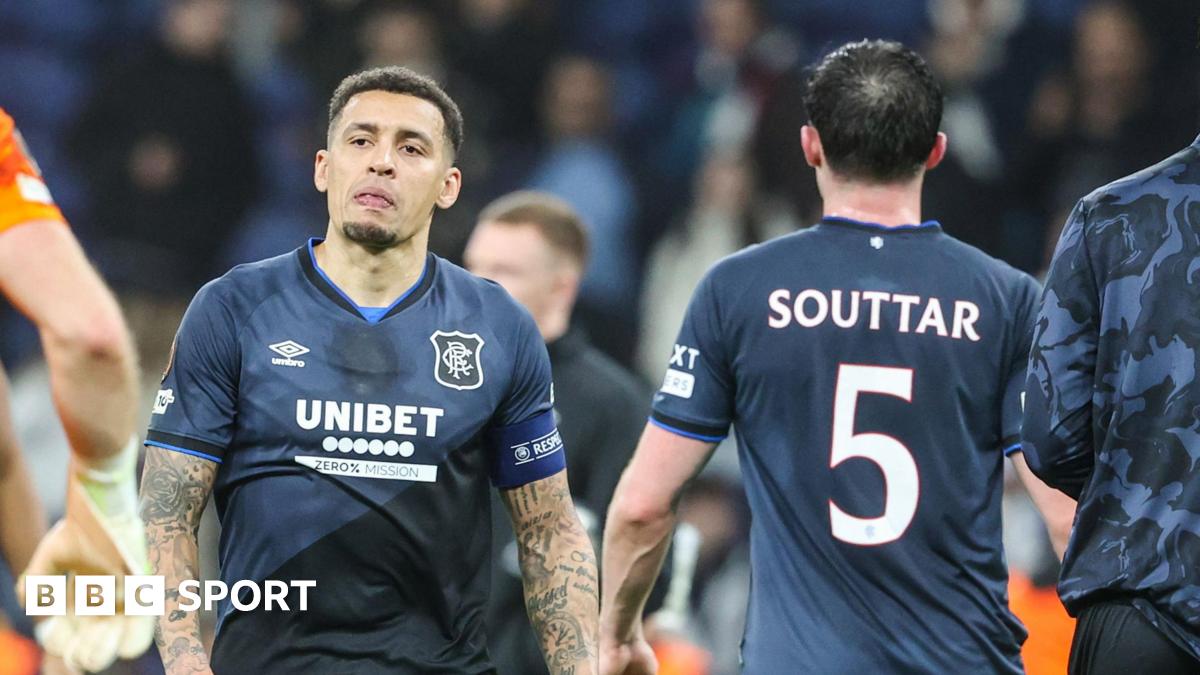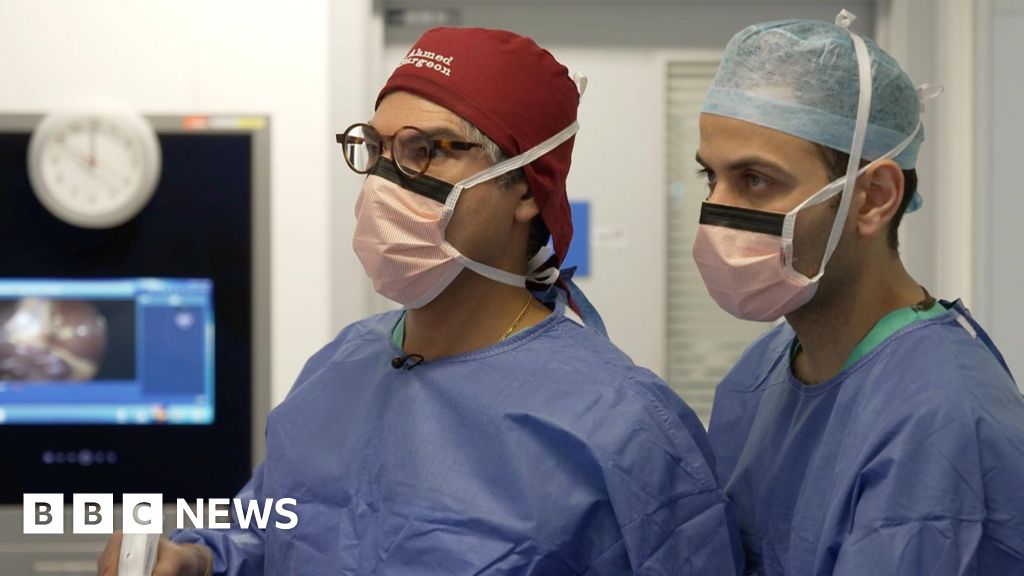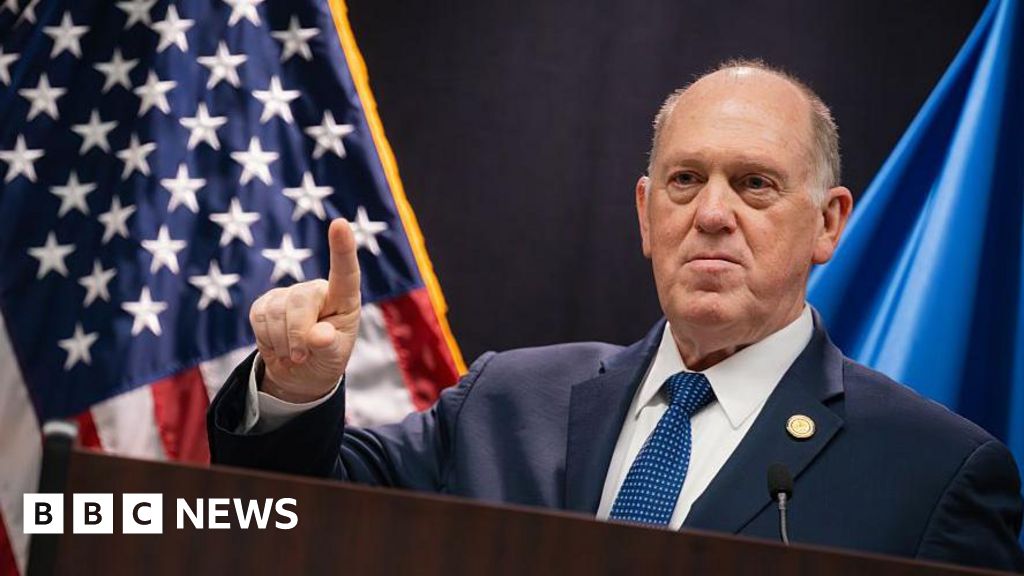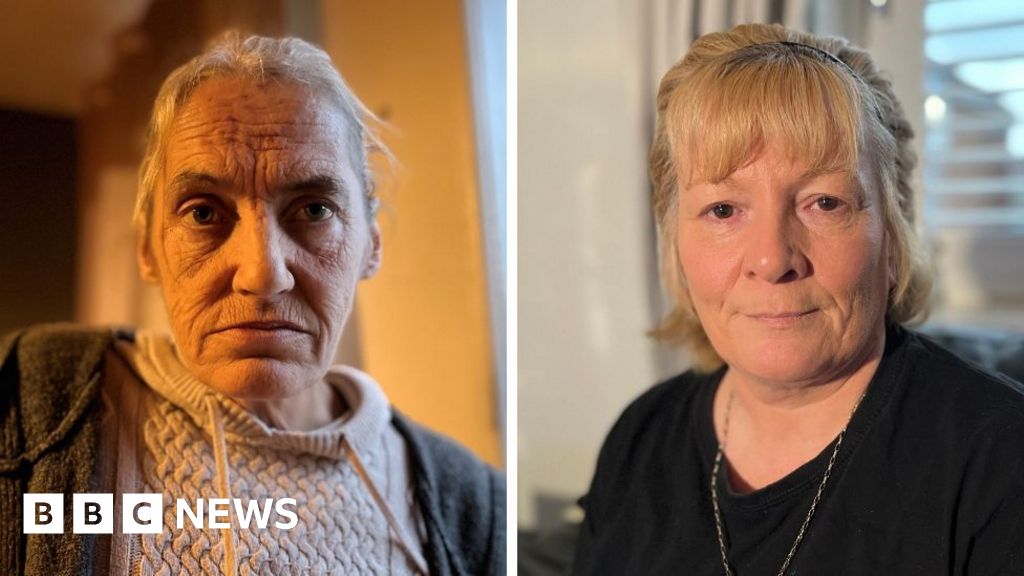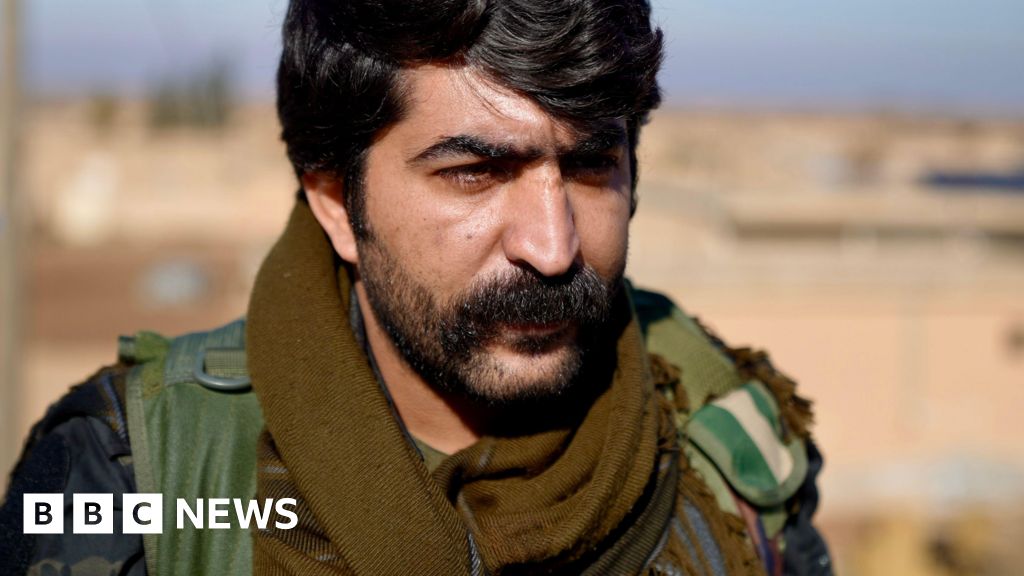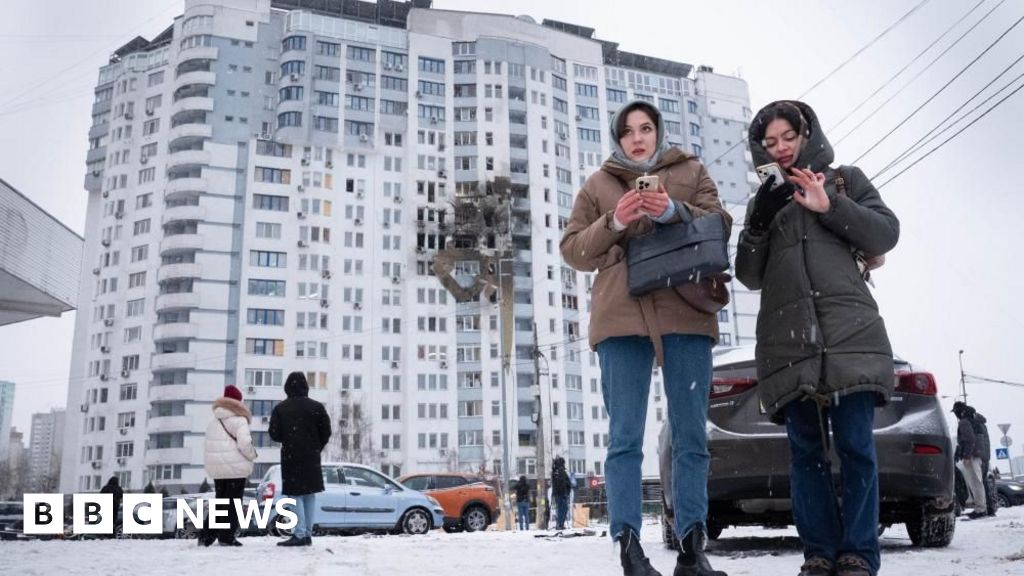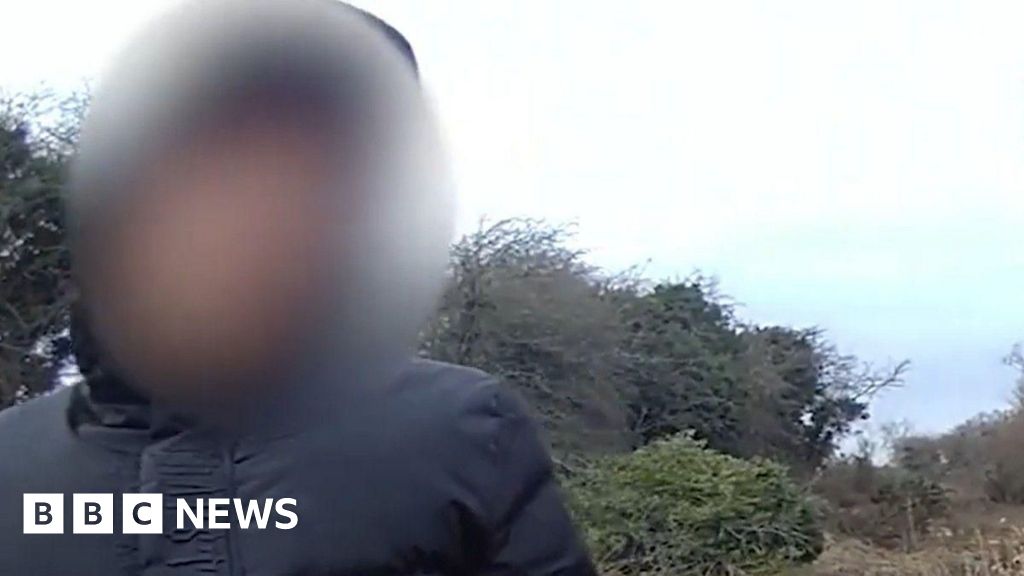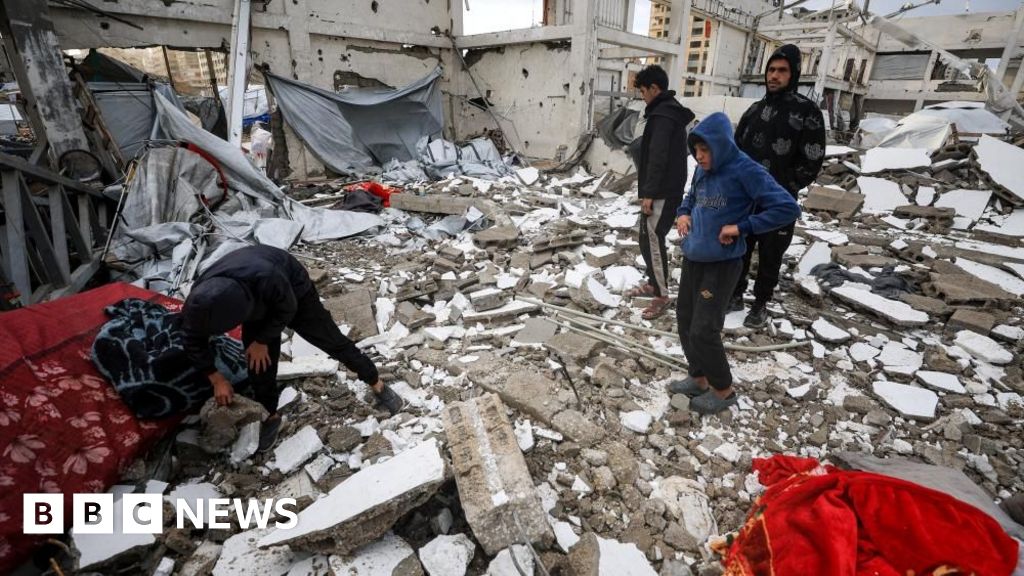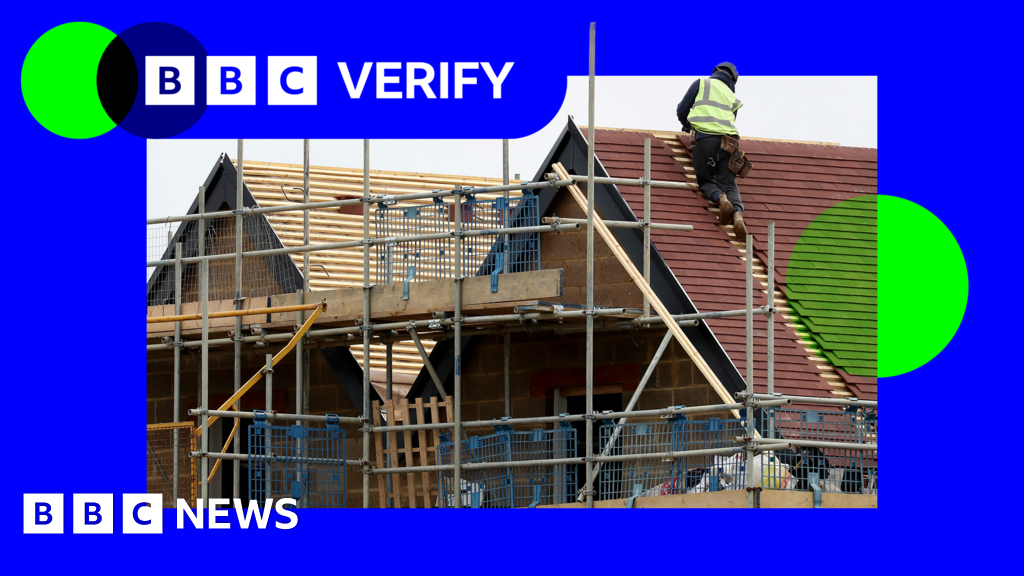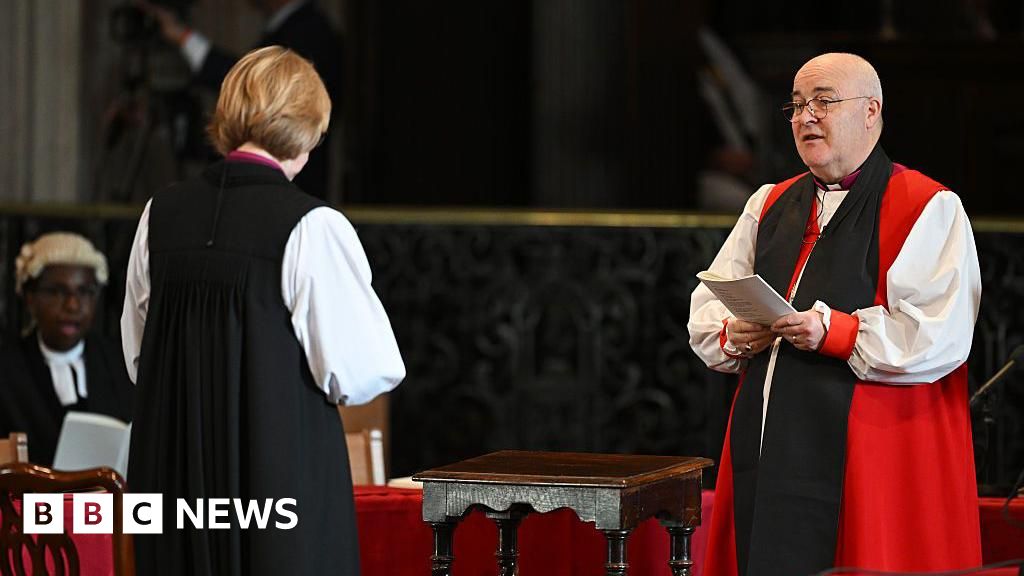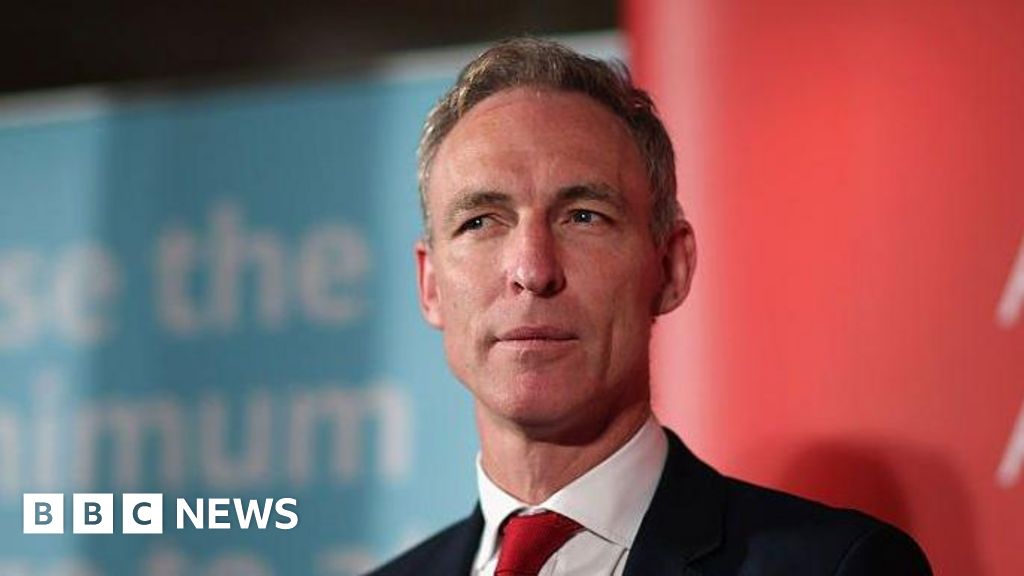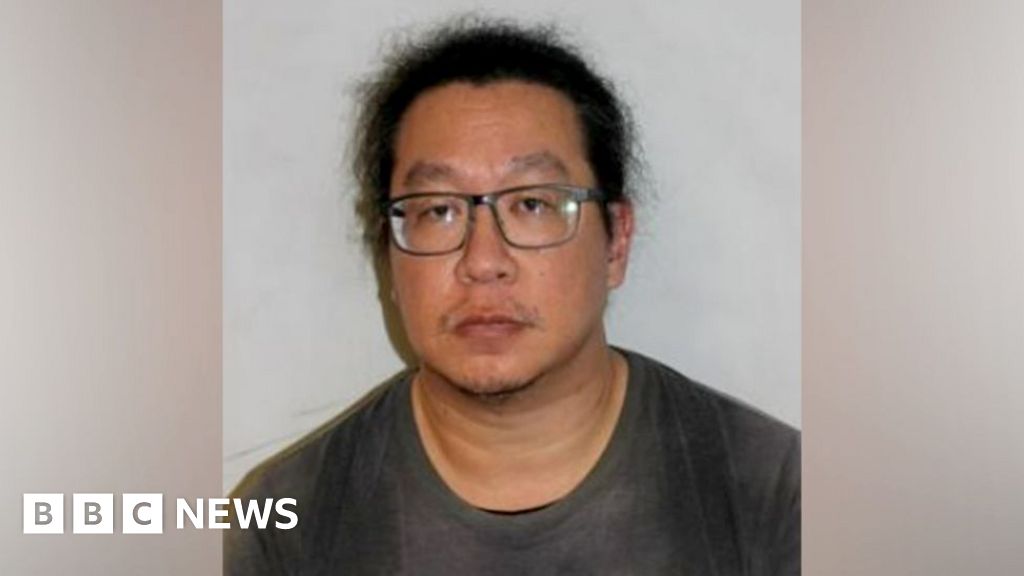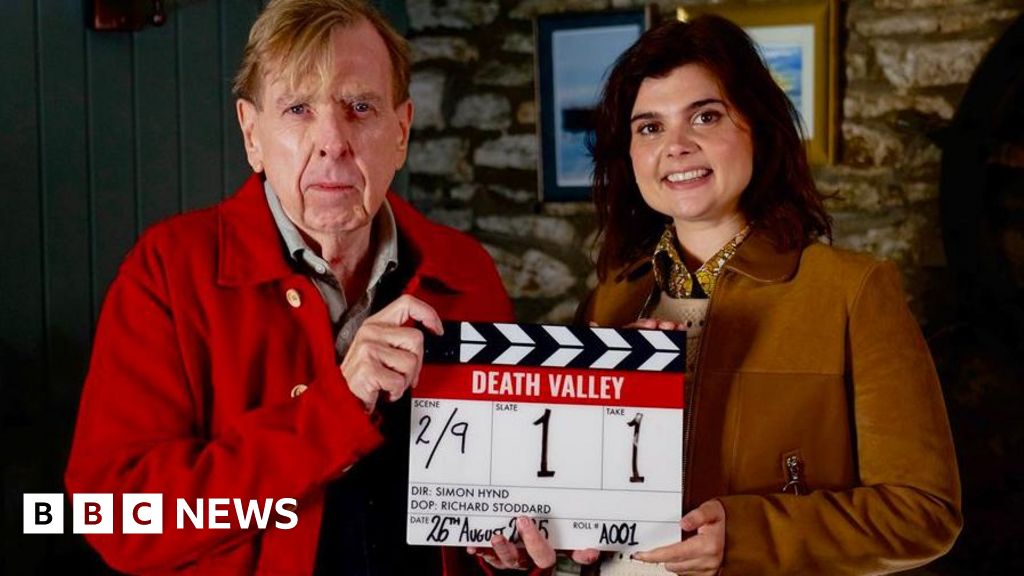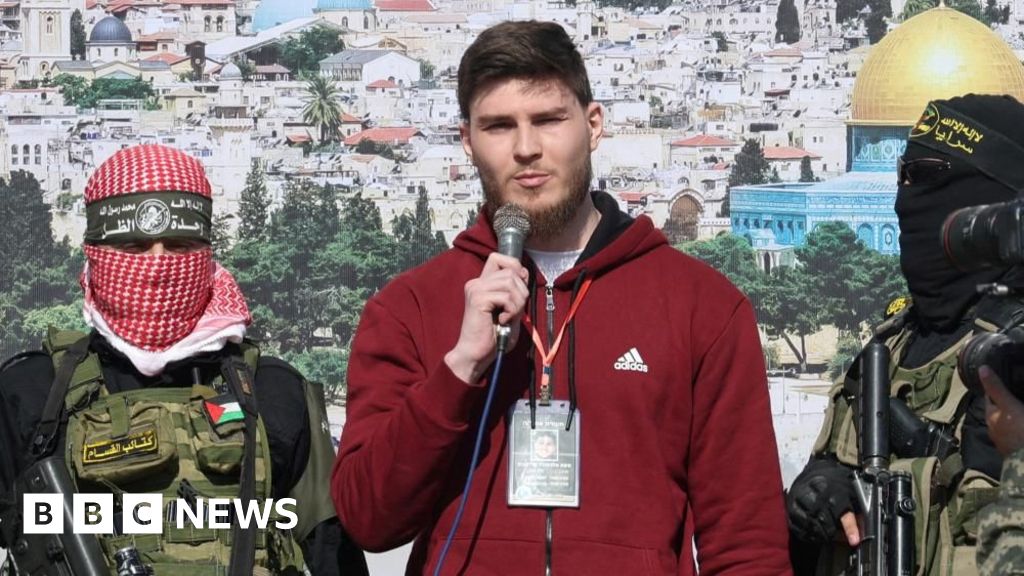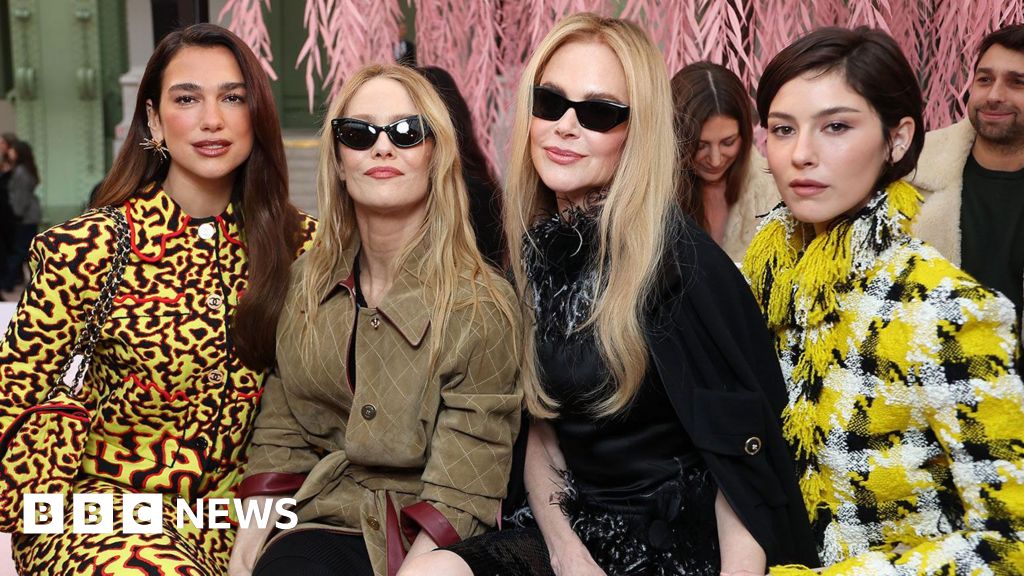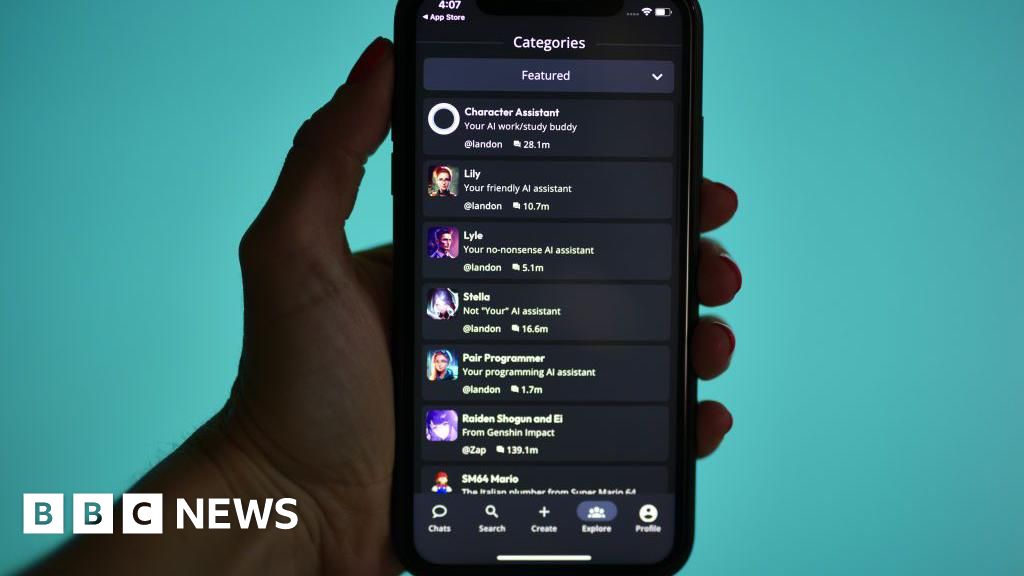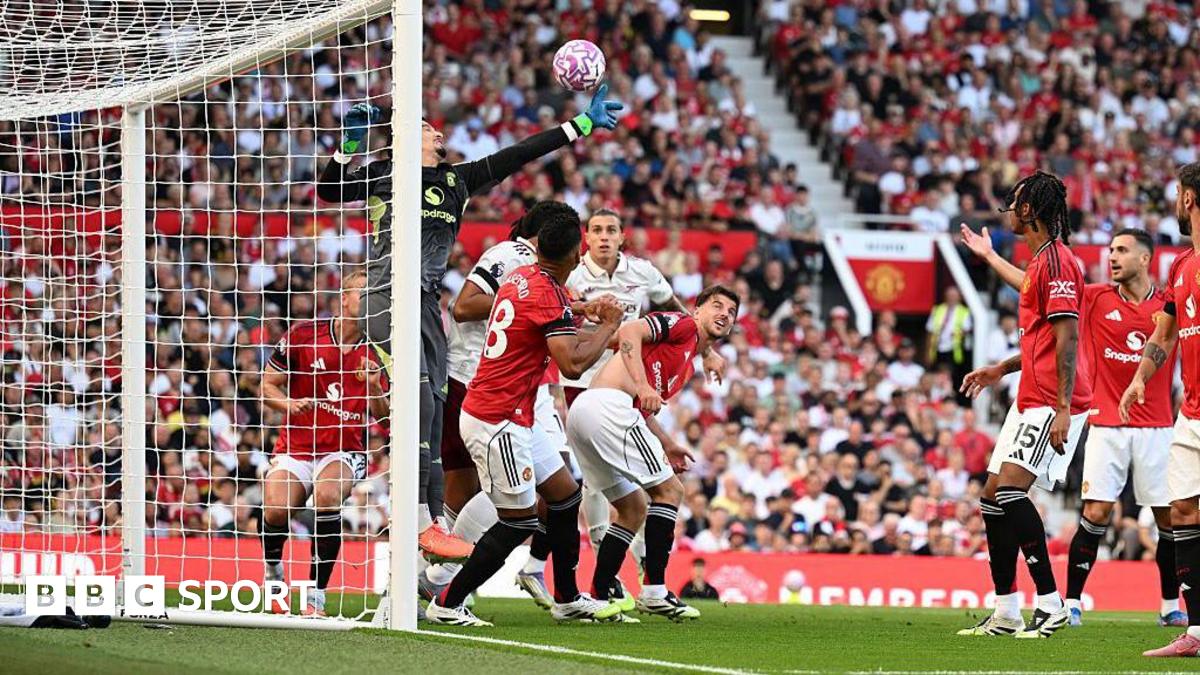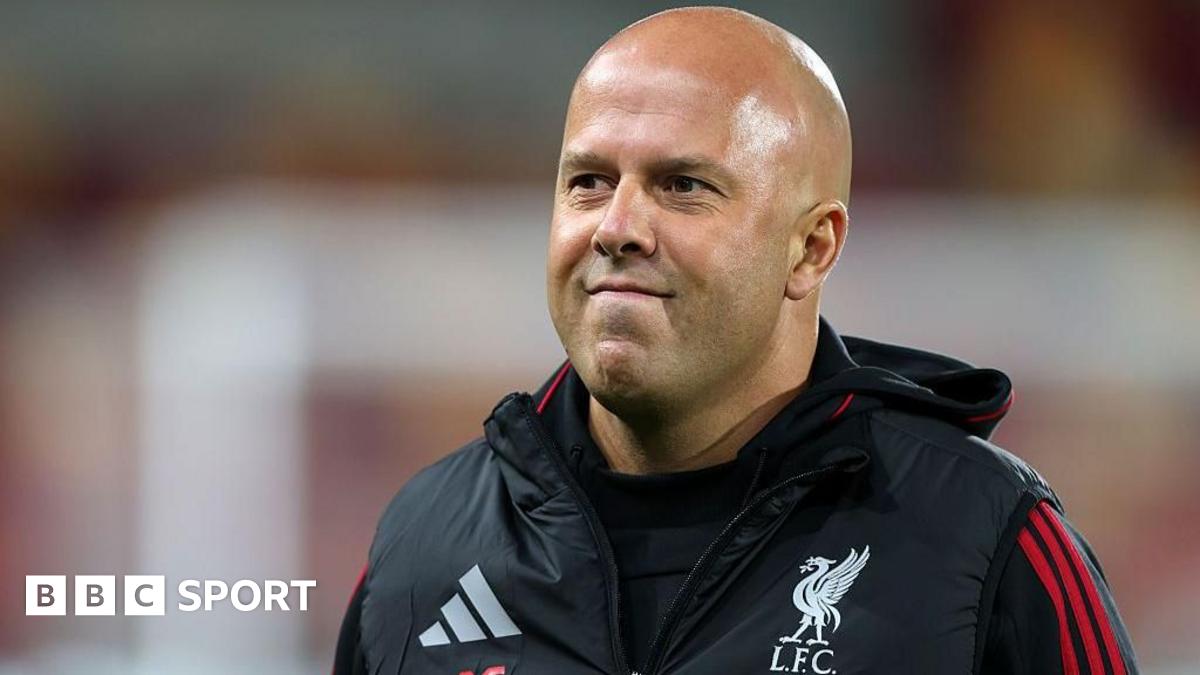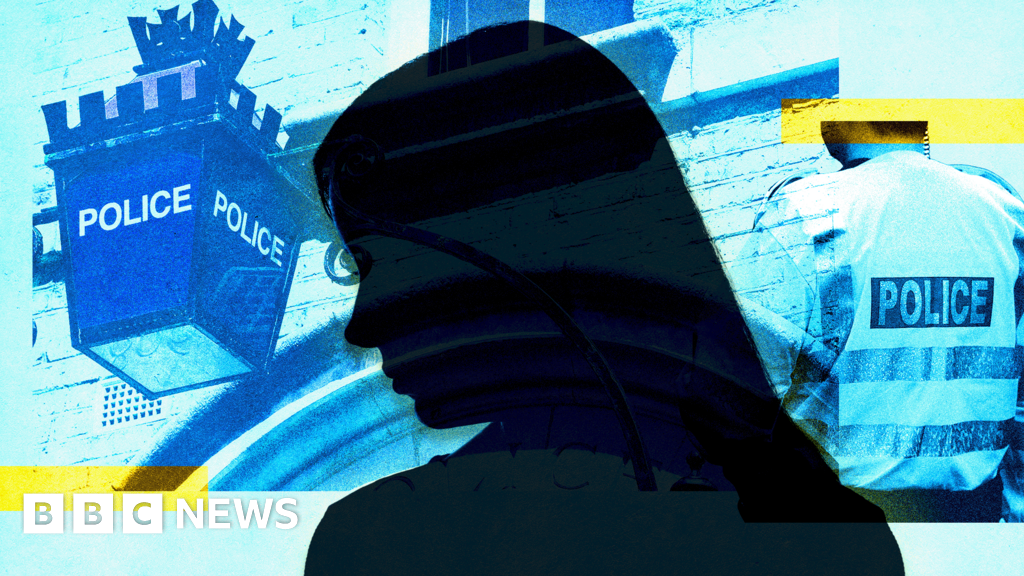Noor NanjiCulture reporter

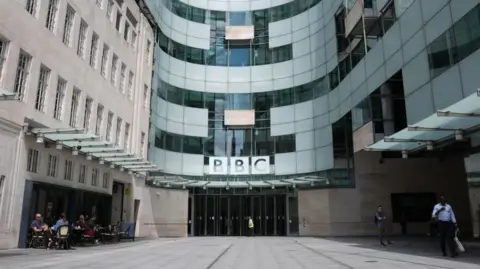 PA Media
PA Media
The BBC's leadership is treating allegations over "systemic bias" with "the seriousness that this demands", the culture secretary has said.
Lisa Nandy's comments on the BBC's Sunday with Laura Kuenssberg programme came after reports that a Panorama documentary misled viewers by editing a speech by US President Donald Trump.
The Telegraph published details of a leaked internal BBC memo suggesting the programme edited two parts of Trump's speech together so he appeared to explicitly encourage the Capitol Hill riots of January 2021.
BBC chair Samir Shah will provide a response to the Culture, Media and Sport Committee on Monday. The BBC is expected to apologise for the way the speech was edited.
The leaked memo came from Michael Prescott, a former independent external adviser to the broadcaster's editorial standards committee. He left the role in June.
Nandy said the Panorama issue was "very serious" but there were a series of "very serious allegations" that had been made about the broadcaster, "the most serious of which is that there is systemic bias in the way that difficult issues are reported at the BBC".
She added she had "complete confidence" Shah and BBC director general Tim Davie were treating the allegations seriously.
Mr Prescott raised concerns over the documentary Trump: A Second Chance?, which was broadcast last year and made for the BBC by independent production company October Films Ltd, which was also approached for comment.
In his speech in Washington DC on 6 January 2024, Trump said: "We're going to walk down to the Capitol, and we're going to cheer on our brave senators and congressmen and women."
However, in the Panorama edit he was shown saying: "We're going to walk down to the Capitol... and I'll be there with you. And we fight. We fight like hell."
The two sections of the speech that were edited together were more than 50 minutes apart.
The "fight like hell" comment was taken from a section where Trump discussed how "corrupt" US elections were. In total, he used the words "fight" or "fighting" 20 times in the speech.
The culture secretary added: "I do want to see [Shah's] response to the select committee, and I will, of course, consider it and have further conversations with them about the action that they're taking."
Nandy said she had two primary concerns in relation to the BBC, including the use of "inconsistent" language when reporting.
She said: "What tends to happen at the BBC is that decisions about editorial standards, editorial guidelines, the sort of language that is used in reporting is entirely inconsistent.
"It doesn't always meet the highest standards, it's not always well thought through, and often it's left to individual journalists or newsreaders to make decisions.
"That's something I have discussed at length with the director general and the chair, and it's something I expect them to grip.
"My second concern about the BBC is that, increasingly, they're operating in a news media environment where news and fact is often blurred with polemic and opinion, and I think that is creating a very, very dangerous environment in this country where people can't trust what they see."
As well as the Panorama documentary, the BBC has come under scrutiny over a number of different issues in recent weeks.
The Telegraph also reported that Mr Prescott raised concerns about a lack of action to address "systemic problems" of bias in BBC Arabic's coverage of the Israel-Gaza war.
In response, a BBC spokesperson said "where mistakes have been made or errors have occurred we have acknowledged them at the time and taken action".
They added: "We have also previously acknowledged that certain contributors should not have been used and have improved our processes to avoid a repeat of this."
Reports also said Mr Prescott raised concerns about the BBC's coverage around trans issues.
On Thursday, the BBC upheld 20 impartiality complaints over the way presenter Martine Croxall altered a script she was reading live on the BBC News Channel, which referred to "pregnant people" earlier this year.
The presenter changed her script to instead say "women", and the BBC's Executive Complaints Unit said it considered her facial expression as she said this gave the "strong impression of expressing a personal view on a controversial matter".

 2 months ago
59
2 months ago
59
